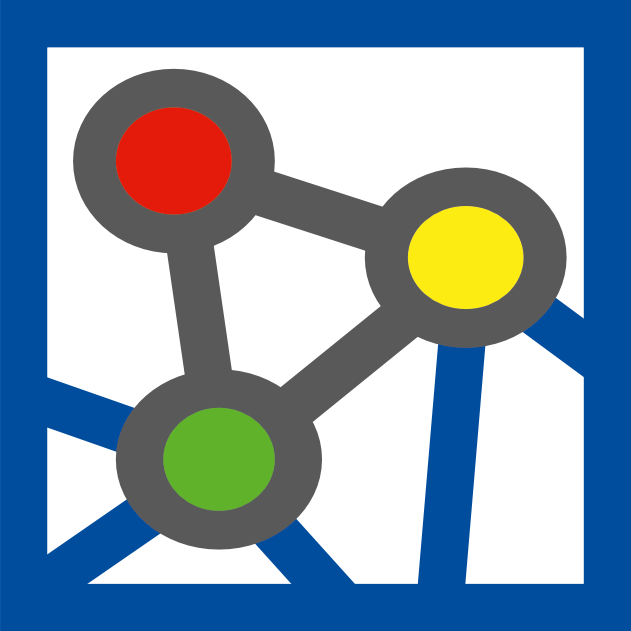Sequential ARAIM: Error Models, Algorithms, and Performance
This presentation describes advances in navigation safety monitoring that were made since our last meeting at the Research Training Group i.c.sens Leibniz Universität Hannover in 2019. We will focus on an implementation of Advanced Receiver Autonomous Integrity Monitoring (ARAIM) that uses
measurements over time. ARAIM is a cooperative research effort by the European Union and the United States to analyze the potential of future Global Navigation Satellite Systems (GNSS) to enable high-integrity navigation applications. Unlike conventional “snapshot” ARAIM algorithms that use measurements at one instant in time, sequential ARAIM filters measurements over time. Measurement filtering improves positioning accuracy and facilitates integration with inertial sensors. In addition, sequential ARAIM exploits changes in satellite geometry at the cost of slightly higher computation and memory loads. For a user near the surface of the Earth, the motion of an individual GNSS satellite is small over short time intervals. But the accumulated geometry variations of redundant satellites from multiple GNSS can be substantial. In this presentation, we quantify the integrity performance benefits brought by satellite motion to ARAIM. We address the following challenges: (a) we define raw GNSS error models over time using power spectral density (PSD) bounding, (b) we design estimators and fault detectors exploiting geometric diversity, and (c) we formulate these algorithms in a computationally efficient implementation. We carry out a
worldwide availability analysis for an example aircraft approach navigation to evaluate the performance of sequential ARAIM versus snapshot ARAIM.
Speaker/s
Mathieu Joerger, PhD
Assistant Professor, Crofton Department of Aerospace and Ocean Engineering
Virginia Polytechnic Institute and State University, Blacksburg, Virginia
Dr. Mathieu Joerger obtained a ‘Diplôme d’Ingénieur’ (2002) from the Ecole Nationale Supérieure des Arts et Industries de Strasbourg, in France, and an M.S. (2002) and Ph.D. (2009) in Mechanical and Aerospace Engineering from the Illinois Institute of Technology in Chicago. He is the 2009 recipient of the Institute of Navigation (ION)’s Bradford Parkinson award, and the 2014 recipient of the ION’s Early Achievement Award. He is the technical editor of Navigation for the Institute of Electrical and Electronics Engineers (IEEE) Transactions on Aerospace and Electronic Systems. Dr. Joerger is currently assistant professor at Virginia Tech, working on multi-constellation Advanced Receiver Autonomous Integrity Monitoring (ARAIM) for civilian aviation applications, on multi-sensor integration for ground vehicle navigation, and on trajectory tracking risk evaluation for space debris.
Event organiser/s
GRK 2159 (i.c.sens)
Date
04. Mar. 202115:00 - 17:00




